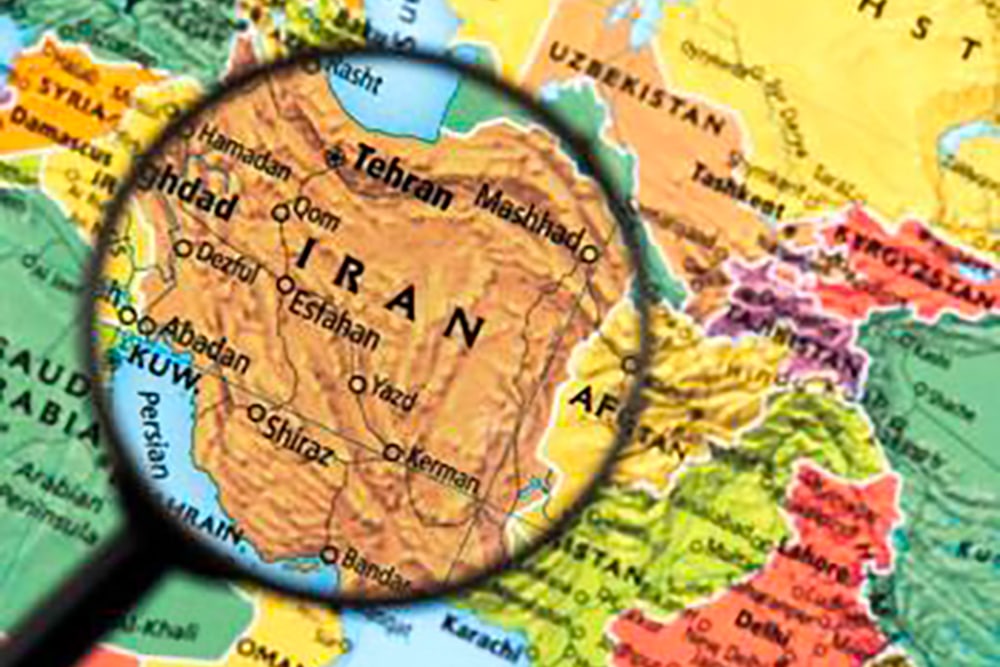The Bahá’í Feast refers to a spiritual “feast” of prayers, consultation, and fellowship and is held once every 19 days by Bahá’í communities throughout the world.
“The Feast serves as the bedrock of Bahá’í community life,” says Meiping Chang of Singapore’s Bahá’í Office of External Affairs. “Its inclusion on the heritage list is a recognition of the Bahá’í community as an integral part of Singaporean society.”
Ms. Chang explains how at the Feast, Bahá’ís come together to consult on how they can better serve their society. “It is a space where the relationships between members of the community and institutions, such as the Bahá’í Local Spiritual Assembly, are strengthened.”
Peta Yang, a member of Singapore’s Bahá’í community, states: “Consultations at these gatherings allow people to reflect together on their experience in community-building efforts. People of all ages explore how they can support one another. The rich discussions often lead to ideas for further practical action.”
Dr. Yang continues to explain the important role of the Feast during the pandemic. “These regular gatherings are a powerful remedy for isolation,” she says. “The Nineteen Day Feast helps people to keep connected to something beyond themselves, and creativity during this time has allowed this feeling to intensify. Many are making a special effort to include poems, stories, songs, and other art forms to contribute to a vibrant atmosphere.
“If we want to build the world anew, spiritual foundations marked by devotion and consultation need to be laid among individuals, the community, and institutions. With our interactions limited by the pandemic, we’ve seen more than ever that the Feast is a point where these elements all come together.”












